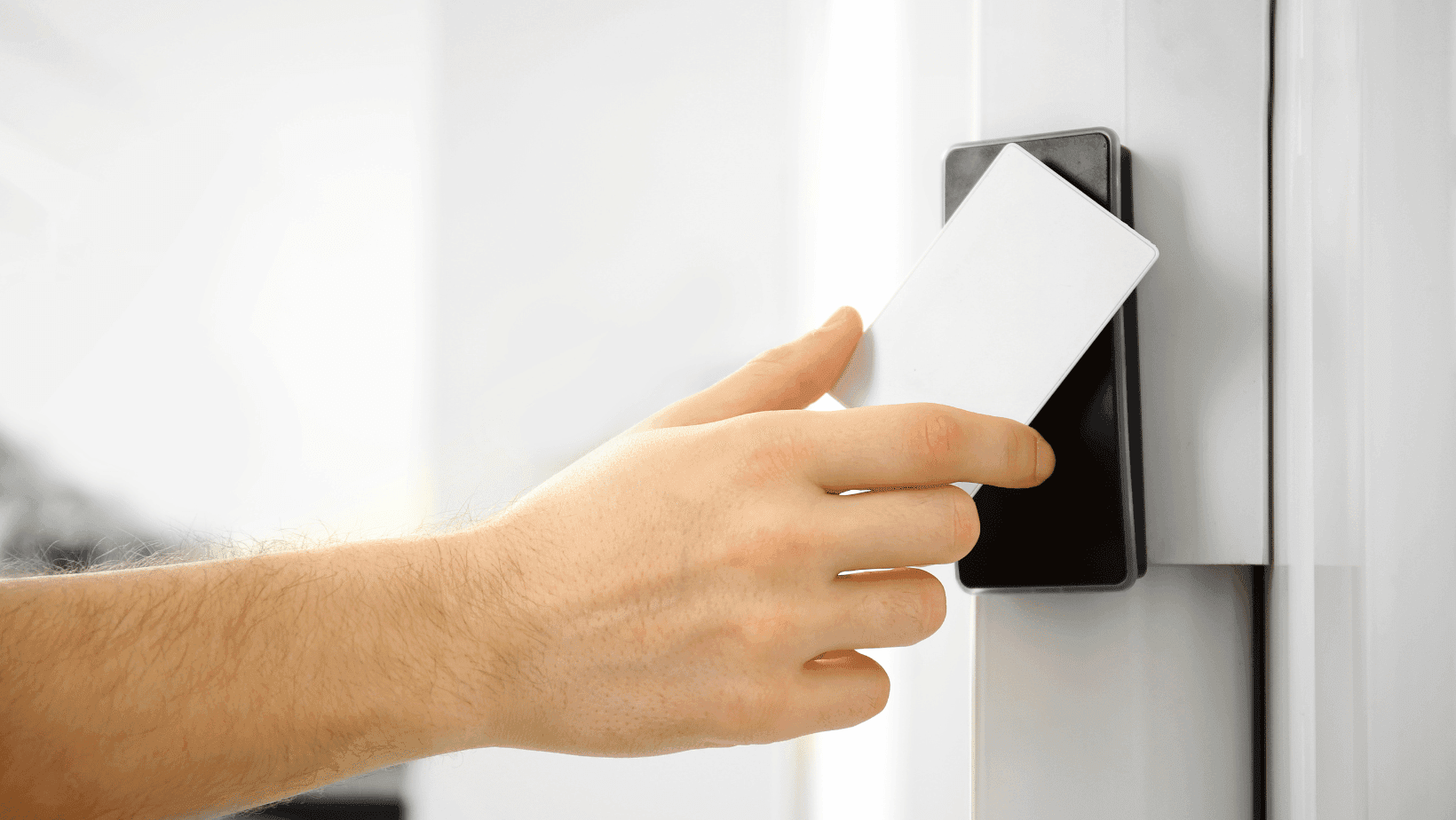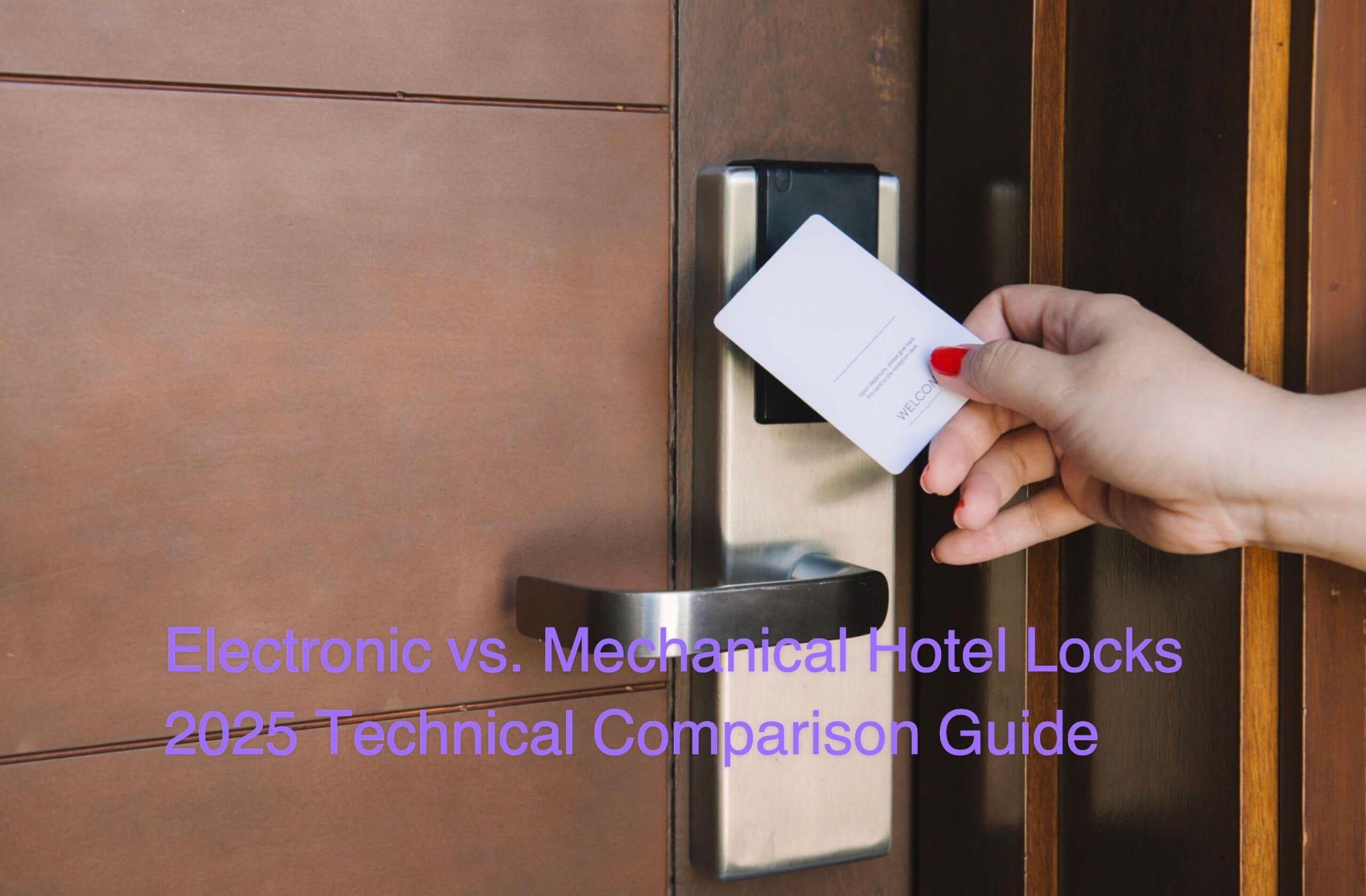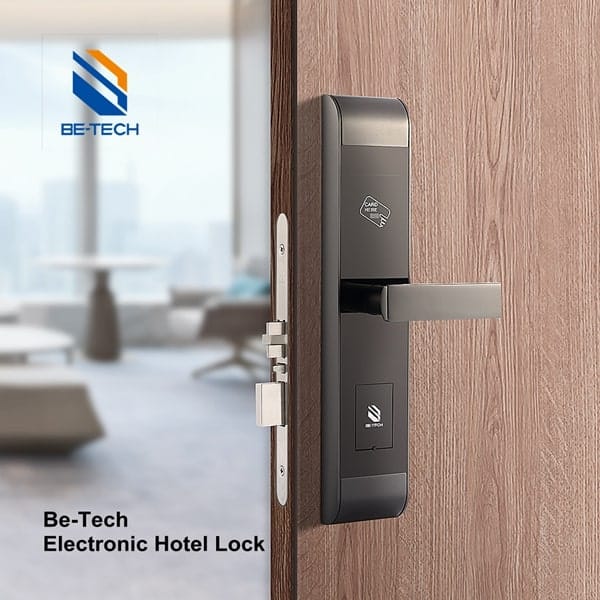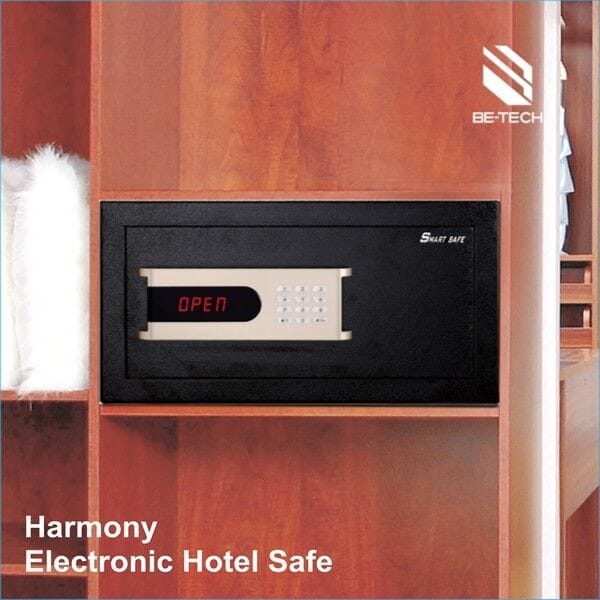Your home is your sanctuary, and its security is paramount. Protecting your loved ones and possessions starts with ensuring your entry points are fortified against intruders. In a world where security threats are becoming increasingly sophisticated, having reliable locks is non-negotiable. But when it comes to upgrading your home security, many homeowners find themselves facing a common dilemma: rekeying vs replacing locks.
According to a recent survey, over 60% of homeowners have experienced a break-in or attempted burglary. This alarming statistic highlights the crucial need for robust home security measures. Choosing between rekeying and replacing locks can be a daunting task, especially with so many options available. This comprehensive guide will walk you through the intricacies of each process, empowering you to make the best decision for your home’s security needs.
Understanding Rekeying
Rekeying a lock involves changing the internal pins and tumblers of the lock cylinder so that a new key can operate it. The existing lock remains in place, but the old keys become useless. Rekeying is often a more affordable and convenient solution than replacing the entire lock.
When to Consider Rekeying:
- Moving into a new home: Rekeying is highly recommended when you move into a new property. This ensures that previous occupants or anyone with copies of the old keys cannot gain unauthorized access.
- Lost or stolen keys: If you’ve lost your keys or suspect they might have been stolen, rekeying is a proactive step to prevent potential security breaches.
- Wanting to use one key for multiple locks: Rekeying several locks to work with the same key can simplify your life and eliminate the need to carry a bulky keychain.
Benefits of Rekeying:
- Cost-effective: Rekeying is typically less expensive than replacing an entire lock, especially if you have multiple locks that need to be changed.
- Faster turnaround time: Rekeying can often be completed quickly, usually within an hour or less, depending on the complexity of the lock.
- Maintains existing hardware: If your current locks are in good condition and you simply need to change the keys, rekeying preserves your existing hardware.
Exploring Lock Replacement
Lock replacement involves completely removing the old lock and installing a new one. This is necessary when the existing lock is damaged, outdated, or no longer provides adequate security.
When to Consider Replacing Locks:
- Damaged or malfunctioning locks: If your lock is broken, jammed, or showing signs of wear and tear, it’s time for a replacement to ensure optimal security.
- Outdated security features: Older locks may not offer the same level of security as modern high-security locks. Upgrading to a more robust lock can enhance your home’s protection.
- Desire for advanced features: Replacing locks with smart locks, electronic keypads, or other advanced features can provide added convenience and control over your home security.
Benefits of Replacing Locks:
- Enhanced security: Modern locks come with advanced features that provide a higher level of protection against forced entry and other security threats.
- Improved aesthetics: Replacing old or worn locks with new ones can enhance the curb appeal of your home and give it a fresh look.
- Integration with smart home systems: Smart locks can integrate seamlessly with other smart home devices, allowing you to control and monitor your home security from anywhere.
Factors to Consider When Choosing Between Rekeying and Replacing
Making the right decision between rekeying and replacing depends on several key factors:
- Budget: Rekeying is generally more cost-effective than replacing.
- Security needs: If you need a higher level of security, replacing with a high-security lock might be necessary.
- Lock condition: A damaged lock needs replacement, while a functional lock can be rekeyed.
- Desired features: Upgrading to smart locks or keyless entry requires replacement.
- DIY vs. professional: Rekeying can be a DIY project, but replacing often requires a professional locksmith.
To simplify the decision-making process, consider the following table:
| Factor | Rekeying | Replacing |
|---|---|---|
| Budget | More cost-effective | More expensive |
| Security Needs | Suitable for basic security needs | Essential for enhanced security requirements |
| Lock Condition | Ideal for functional locks | Necessary for damaged, worn, or outdated locks |
| Desired Features | Limited to changing key functionality | Allows for upgrades to smart locks, electronic keypads, and other advanced features |
| DIY vs. Pro | Can often be done as a DIY project | Typically requires a professional locksmith, especially for complex installations |
Step-by-Step Guide to Rekeying a Lock
Rekeying a lock can be a straightforward DIY project if you have the right tools and follow proper safety precautions. Here’s a step-by-step guide:
Materials:
- Rekeying kit (specific to your lock brand)
- Screwdriver
- New key(s)
Safety Tip: Always wear safety glasses when working with lock components to protect your eyes from flying debris.
Steps:
- Remove the lock from the door: Use a screwdriver to remove the screws holding the lock in place.
- Disassemble the lock: Follow the instructions in your rekeying kit to carefully take apart the lock cylinder.
- Remove the old pins: Use the pin removal tool from the kit to extract the existing pins from the cylinder.
- Insert the new pins: Align the new pins according to the key code provided in the kit or by a locksmith.
- Reassemble the lock: Carefully put the lock cylinder back together, ensuring all components are properly aligned.
- Test the lock: Insert the new key and turn it to ensure the lock functions smoothly.
- Reinstall the lock: Attach the lock back onto the door using the screws you removed earlier.
Note: If you encounter any difficulties during the rekeying process, it’s always best to consult a professional locksmith.
The Future of Home Security: Smart Locks and Beyond
The home security landscape is constantly evolving, with smart locks and other advanced technologies becoming increasingly popular. Smart locks offer a range of benefits, including keyless entry, remote access control, and integration with smart home ecosystems.
The global smart lock market is projected to reach $8.6 billion by 2025, growing at a CAGR of 15%. This growth is fueled by the increasing demand for convenience, enhanced security, and the proliferation of smart home devices.
“Smart locks are no longer a futuristic concept; they are becoming the standard for modern home security. Homeowners are embracing the convenience, control, and enhanced security features that smart locks offer.” – Kevin
Frequently Asked Questions (FAQs)
Can I rekey any type of lock?
Most standard pin tumbler locks can be rekeyed. However, some specialized locks, such as high-security or electronic locks, may require specific rekeying procedures or professional assistance.
How much does it cost to rekey a lock?
The cost of rekeying a lock varies depending on the complexity of the lock and the locksmith’s rates. On average, you can expect to pay between $X and $X per lock.
How often should I rekey my locks?
It’s a good practice to rekey your locks every few years, especially after significant events such as moving, losing keys, or having work done on your home that involved multiple contractors.
Can I rekey a lock myself?
Yes, rekeying a lock can be a DIY project if you have the right tools and knowledge. However, if you’re not comfortable working with lock components or encounter any difficulties, it’s best to hire a professional locksmith.
Are smart locks worth the investment?
Smart locks offer a range of benefits, including enhanced security, convenience, and remote access control. While they are typically more expensive than traditional locks, the added features and peace of mind they provide can be worth the investment.
Conclusion
Choosing between rekeying and replacing locks is a decision that depends on your individual needs, budget, and security requirements. Rekeying is a cost-effective solution for changing key functionality, while replacing offers enhanced security and advanced features.
Investing in robust home security is essential for protecting your loved ones and belongings. Whether you opt for rekeying, replacing with high-security locks, or upgrading to smart locks, prioritizing your home’s security should be at the top of your list.
Ready to enhance your home security? Contact a reputable locksmith or explore the latest smart lock options to find the best solution for your needs.








